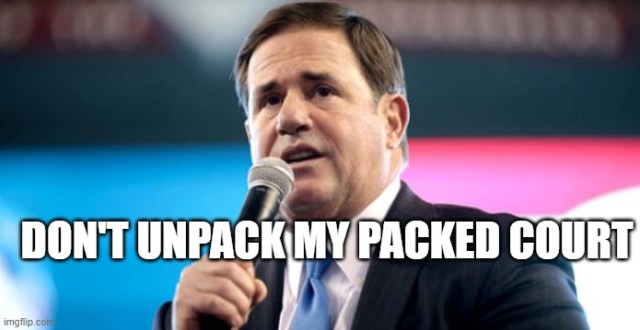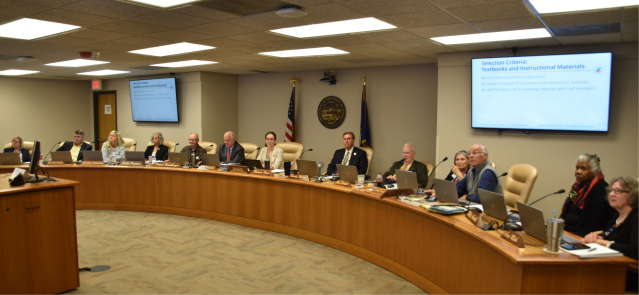The NC Rural Center will convene 15 meetings of its listening tour next week to prepare its policy agenda for the 2025 legislative session.
Davidson-Davie Community College in Thomasville will be the first stop of the tour on Sept. 17. Subsequent dates across the state will gather information from nonprofit organizations, chambers of commerce, local governments, elected officials and faith communities from mid-September through October.
“By the time we finish all 15 of these, you have a really good sense of the mood of rural North Carolina and also the things that need to be our priorities when we get ready for the next long session of the General Assembly,” Patrick Woodie, president and CEO of the NC Rural Center, said.
North Carolina has the second largest rural population in the United States, behind Texas. However, a 50-year shift in North Carolina, according to Woodie, has reduced the number of rural legislators and expanded districts to accommodate the necessary population to constitute a state House or Senate district, as well as congressional districts.
“We’re a state with a history of predominantly rural state governments. That’s been the biggest voice,” Woodie said. “That’s changed. We’re a state now that is roughly equally divided between rural, suburban and urban. There are fewer and fewer legislative districts that are purely rural.”
According to an NC Rural Center analysis, 50 North Carolina House districts had a rural majority representation in 2004. For the 2024 election cycle, there will be 43 such districts. In 2024, 73 districts will have no rural representation, an increase from 62 in 2004.
“In the 2004 election, 21 [North Carolina Senate] districts were majority rural,” the report states. “For the upcoming election, that has declined to just 14. The decline is not as pronounced in districts that have 40 percent rural population or less.”
The report attributes much of this change to a minor decrease in population in rural areas, while suburban counties saw a slightly larger population increase. Another potential factor, the analysis finds, is redistricting.
While the rural areas of the state have consistently been in the greatest need year to year, Woodie said the goal of the listening tour is to attune the staff to the regional nuances of each area so their agenda can best represent the state’s 78 rural counties.
Access to broadband has been a top priority on the NC Rural Center’s previous agendas. Woodie said broadband underpins the workforce development and small-business growth needs in rural areas and aligns with another area of high need for rural areas: access to quality health care.
Concerns from small businesses in the 2022 round of listening sessions led to a “robust” policy agenda for businesses with fewer than 50 employees, Woodie said.
He said that although rural and urban districts have similar priorities, the NC Rural Center advocates to legislators that one size does not fit all and policy can look very different between western and eastern North Carolina among various populations.
“I think the Legislature very much understands that. I think that’s something we’re all very proud of in this state” Woodie said of the diversity from the mountains to the coast and the beauty of small towns.
The conversations that are the product of the listening session dates will be collected by the NC Rural Center staff and distilled into the highest common denominator issues. About a half dozen top priorities will be identified.
While there are fewer rural legislators and legislative districts, Woodie said that points to the need for a stronger public policy agenda from the NC Rural Center to build alliances and educate those from all the diverse parts of the state.
“It’s really important that rural North Carolina carry a very coherent, focused agenda that we can get all of rural North Carolina behind,” Woodie said.
The NC Rural Center’s 2025 advocacy agenda will be submitted to their board of directors in December and will be available to the public in January.
The 2024 Rural Issues Poll is online now. It asks respondents to rank the importance of 30 specific issues divided into six priority areas. The poll will also be used to shape the NC Rural Center’s 2025 advocacy agenda.
For questions or comments, or to pass along story ideas, please write to Matthew Sasser at [email protected] or contact the NC Insider at [email protected] or @StateAffairsNC



